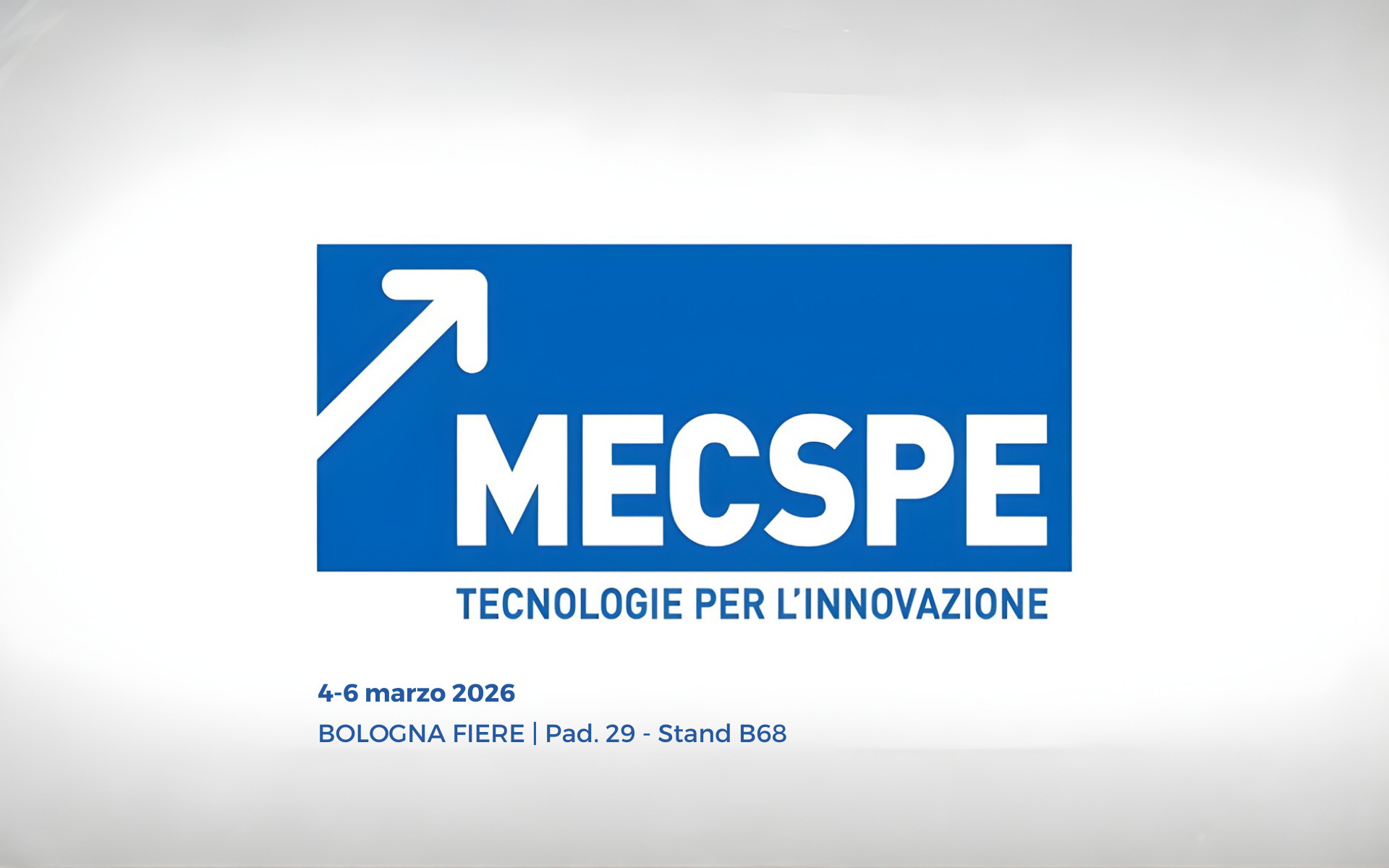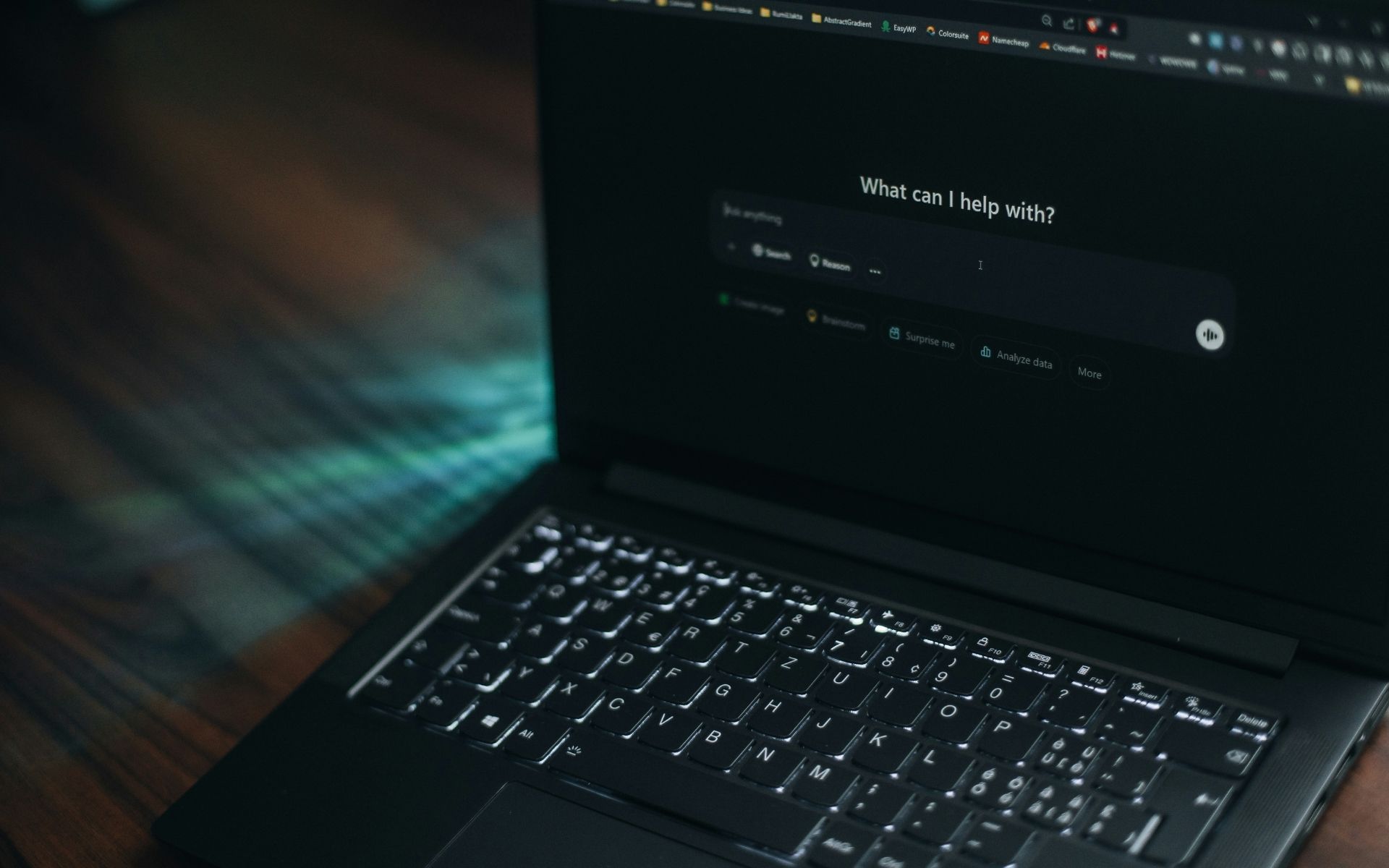New technologies for businesses
In the last two years, also following the Covid-19 Pandemic, there has been a significant push for the renewal of business production processes: there is a strong incentive to adopt new technologies to keep up with the rapid changes that are transforming the economy.
A McKinsey research this year on major technological trends identifies seven technologies that will drive renewal in the production sector: next-generation Automation, Process virtualization, Device Interconnection with IoT and 5G, Distributed Infrastructures, next-generation computers (Quantum or built with Neuromorphic Chips), AI applications in the field of Computer Vision and Neural Language Programming, Software 2.0 Architectures, and Trust Architectures like Blockchain.
Among these tools, particular expectations are placed on Automation - it is predicted that spending on Automation will reach 4 billion dollars a year by 2025.
Robotic Process Automation
One of the most widespread and useful aspects of Automation for businesses is Robotic Process Automation (RPA). This term refers to the Automation of workflows involving data acquisition and processing. Functions such as automatic confirmations of online orders, automated creation of customer invoices, or mechanical data transfer from one platform to another fall under this term. It is about making repetitive, well-structured, and sequential processes immediate, which, although essential for the production process, produce little added value for the company.
The potential of RPA
According to a 2017 survey, companies using RPA tools experience benefits from the first moment of use: in the companies considered, the Return on Investment (ROI) reaches up to 200% of the initial cost in the first year of use.
However, classic RPA tools encounter various limitations: they can only process well-structured data inputs and are based on a well-defined and limited set of rules. For each emerging new need, they must be completely rethought and reprogrammed; they are not able to automatically adjust to changing contexts or objectives over time.
RPA with AI
The next step in the evolution of this technology is the association with Artificial Intelligence applications. AI allows for managing more complex processes with greater precision and can adapt to changing circumstances.
With AI, an RPA Software can extract data from any type of document (even low-quality scans or photos), correct errors in the data, modify the data structure to better integrate it into different systems, and classify and automatically index information.
It is the best tool to facilitate the work of companies: simple, flexible, easily integrable with any pre-existing activity, and ready to face the future.
Lisa Bartali
Marketing Specialist at AIDIA, graduated in International Studies in Florence, passionate about history, economics, and the bizarre things of the world.





